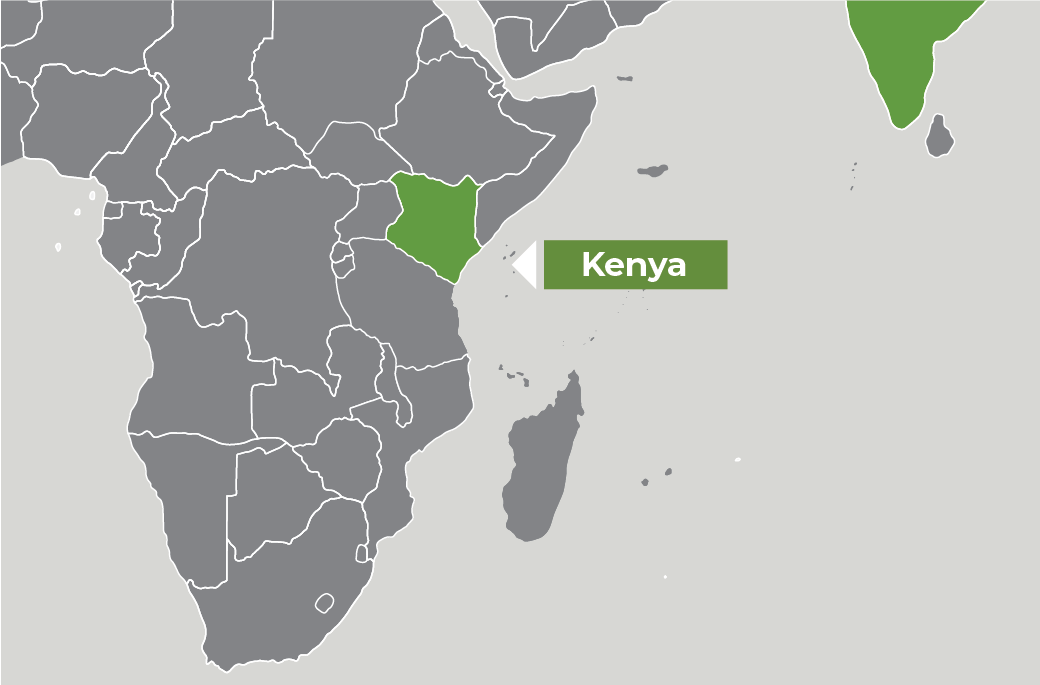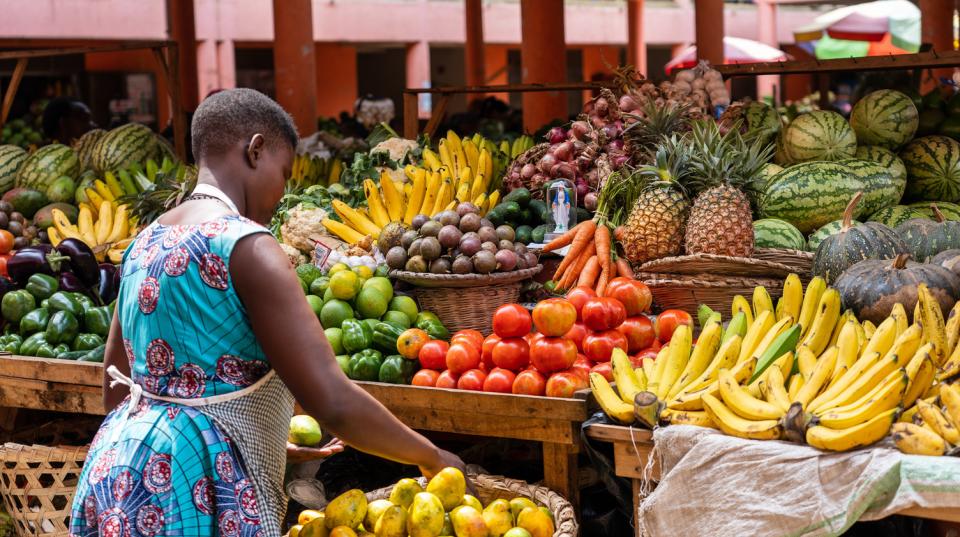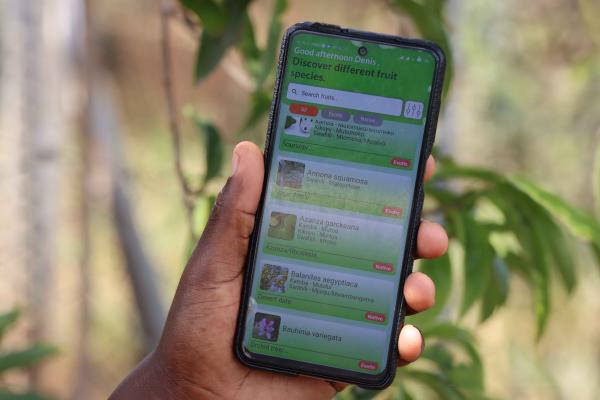Overview
This project aims to enhance farm-level climate adaptation as well as household food security and nutrition for smallholders in Kenya and Rwanda by increasing the stocking and strategic siting of fruit trees.
It also aims to take the first steps in exploring the potential for the carbon sequestered in fruit trees to provide access to additional international climate finance, and provide information requested by farmers about their own contributions to mitigating climate change. The project is inspired by the successful increase of trees within farming systems when fruit trees were offered during prior ACIAR projects, the increasing awareness of farmers of environmental benefits of trees, and the promising evidence in the literature that fruit trees have the potential to simultaneously deliver multiple benefits for farmers and the environment.
Fruits play an important role in food and nutritional security as well as income generation. Aligned with government policies to promote fruits for nutrition and export, this work has economic implications and is supported by both governments through national budgets.
Fruit trees will provide nutritional diversity, increased food supply, and saleable surplus production to people in need. They will also provide other products (stakes, firewood, poles, etc.), contribute to soil fertility through litterfall and root-soil-microbes interactions, and increase biodiversity and tree cover at the landscape scale.
Project outcomes
- Targeted communities understanding the food security, livelihood and climate adaptation benefits of fruit-tree growing.
- Building capacity of smallholders to grow and manage fruit trees in the specific ways needed to derive multiple benefits is enhanced
- Understanding of and utilising contribution of fruit trees to climate change mitigation.





